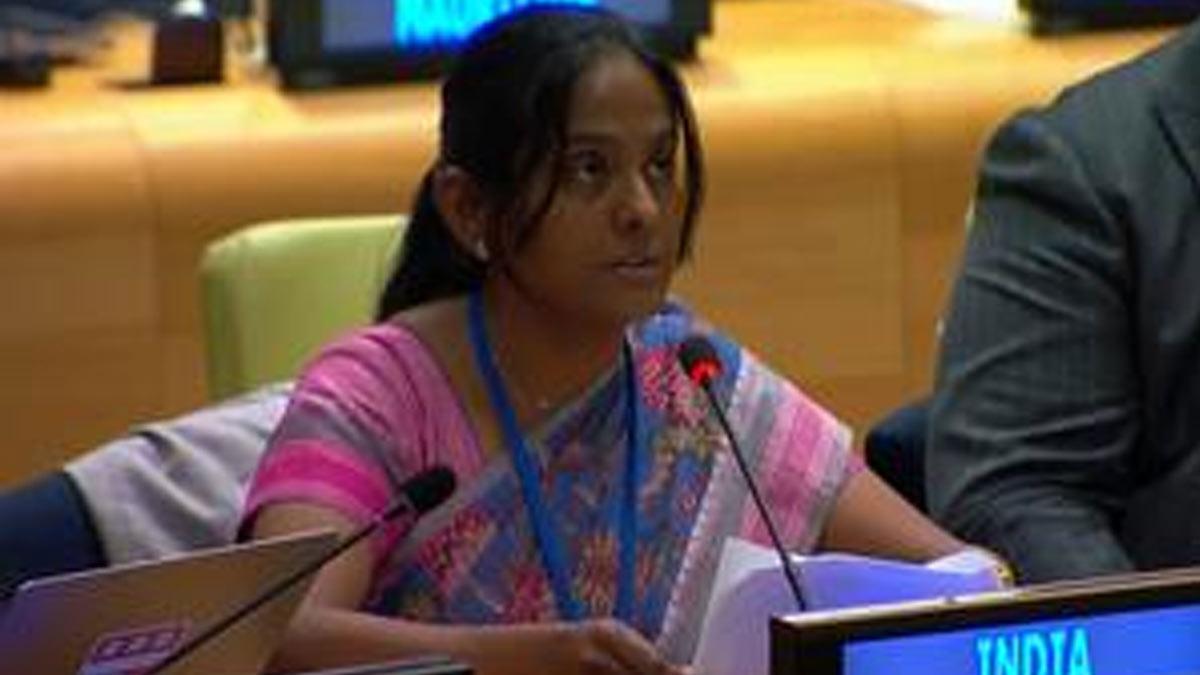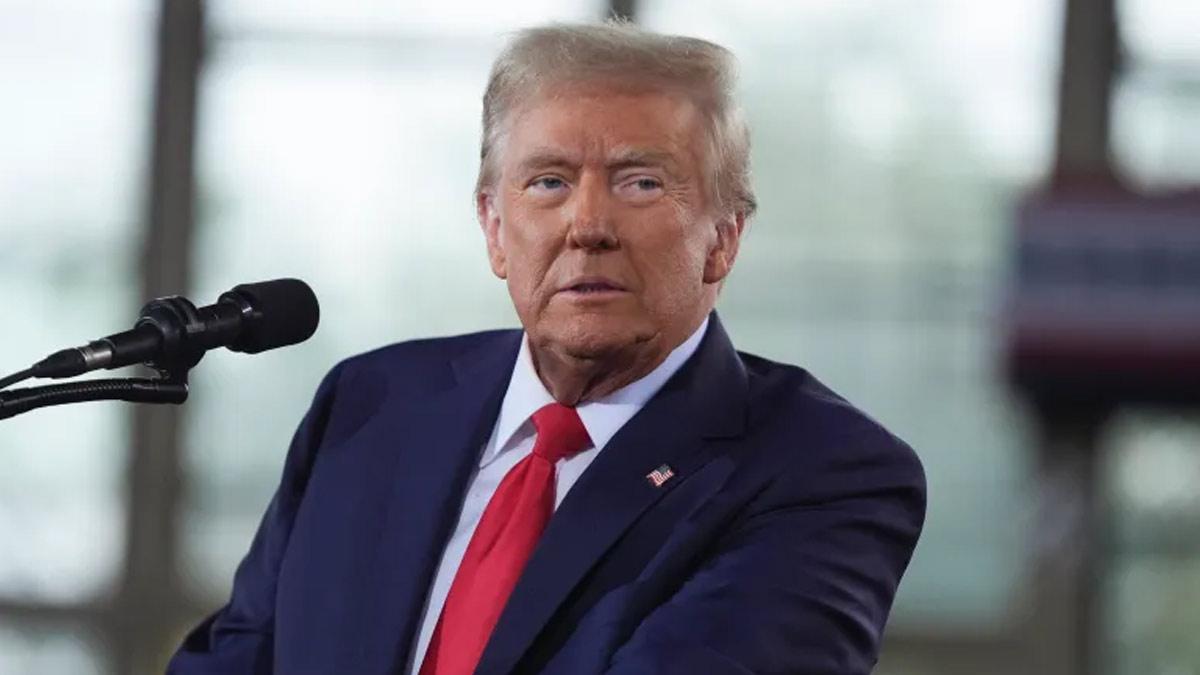Warning that terrorist groups are hugely beefing up their capabilities, India renewed its call to adopt the international treaty against terrorism it proposed nearly 30 years ago and suggested a way out of the problem of defining terrorism and terrorists, which is holding it up.
"It is unfortunate that even as terrorism continues unchecked, causing destruction of humanity and societies all over the world, our efforts toward a Comprehensive Convention on International Terrorism (CCIT) are being hamstrung by narrow differences," R. Mythili, the legal officer at India's UN Mission, told the General Assembly committee that deals with legal matters on Thursday.
Definition of Terrorism One significant barrier to the ratification of the CCIT is its definition of terrorism and terrorists. "India reiterates the need for early finalisation of draft CCIT on the definition of international terrorism," she said. Some countries, such as Pakistan, defend terrorists as "freedom fighters," thereby legitimation terrorism.
"It is a pity that some of us, who belong to the so-called broad-minded section, are acting with their narrow-minded political ideologies, not looking for reasons to condemn terrorism, and because of these states, the global will to fight terrorism falters, Mythili said.
She recommended that the standoff on the question of definition of terrorists and terrorism could be moved forward by accepting the very definition under the 2004 Security Council resolution against terrorism. The resolution defines terrorism as "criminal acts, including against civilians, committed with intent to cause death or serious bodily injury, or taking of hostages, with the purpose to provoke a state of terror" or to force a government or international organisation to take a certain action or to stop it from taking it.
Saying this could be the basis for discussions on defining terrorism and terrorists in the treaty, Mythili said: "We urge member states to take an objective approach and end the stalemate preventing the adoption" of the CCIT.
She reminded the members of the UN that "this ambitious Pact of the Future adopted last month by world leaders at the Summit of the Future 'has given us again, underscored, the determination' to pursue 'a future free from terrorism.
"Terrorist groups have exponentially increased their capabilities because they acquired new and advanced technologies, including drones and unmanned aircraft systems with cameras," she said. "This rising threat can only be countered by effective international cooperation, which in a large measure is still elusive in the absence of political will," she said.
Mythili said that during the last three decades, in terrorist attacks, India has lost thousands of innocent civilian lives. She listed the major ones: The 2008 Mumbai 26/11 terror attacks, the 2016 Pathankot airbase attack, and the 2019 suicide bombing of a police convoy at Pulwama. "These are imprinted strongly in every Indian's living memory," she said.
She did not name Pakistan, but added that "even 15 years after the Mumbai terror attacks, the masterminds continue to roam scot-free with full state hospitality."
Read also| Russia Claims Capture of Strategic Town in Donetsk Region


















